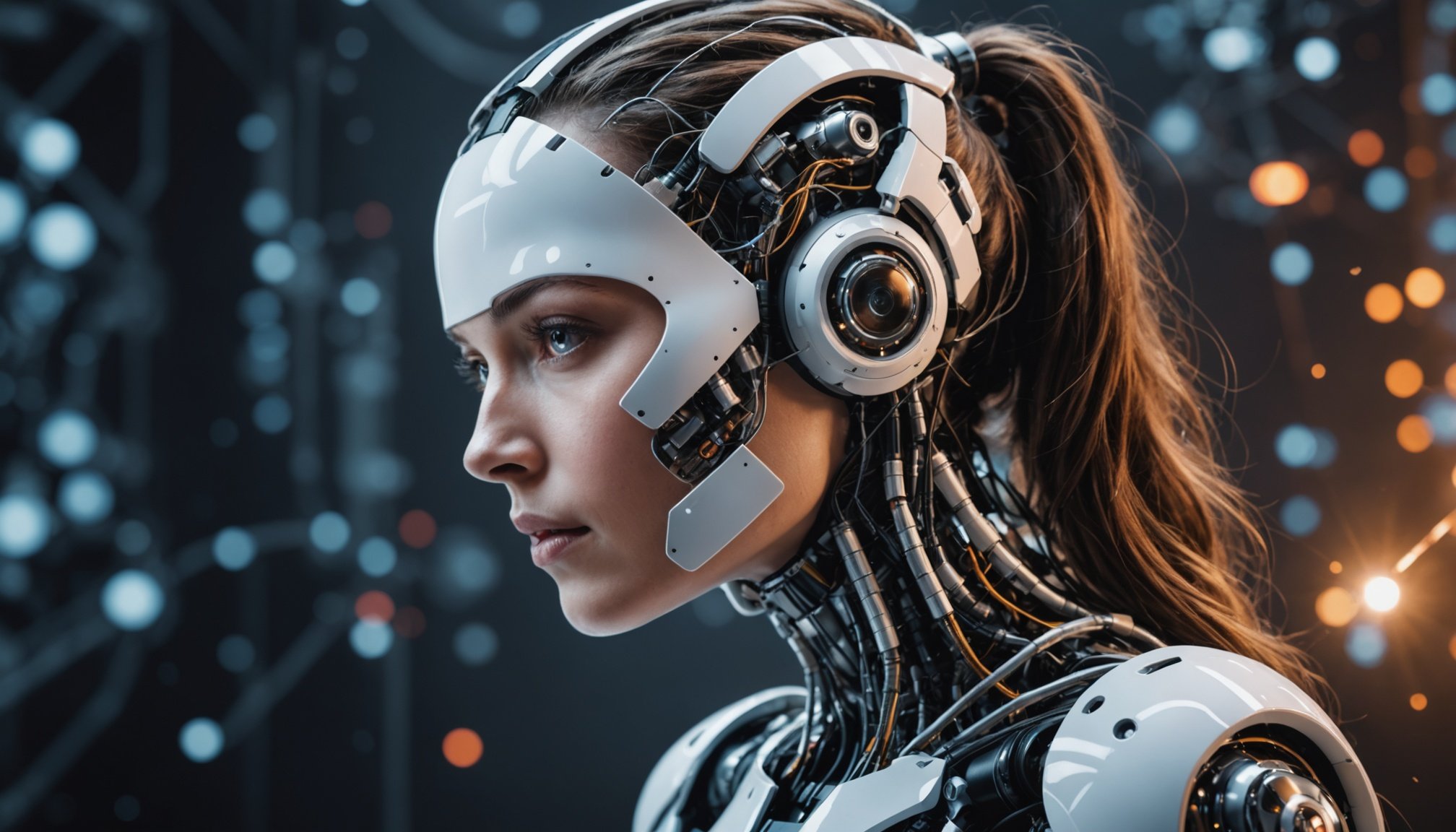The Role of Artificial Intelligence in Modern Marketing
In today’s competitive landscape, Artificial Intelligence in Marketing is transforming strategies at an unprecedented pace. Through the integration of AI-driven Strategies, businesses are harnessing cutting-edge technologies to revolutionise how they engage with customers.
AI technologies, such as machine learning and natural language processing, play a pivotal role in crafting nuanced marketing strategies. These innovations enable marketers to analyse vast amounts of data efficiently, allowing them to identify patterns and trends previously undetectable. By doing so, firms can tailor their offerings more precisely to meet customer preferences.
In the same genre : Thriving in a Post-Brexit World: Creative Approaches for UK Universities to Draw International Students
One of the fundamental benefits of incorporating AI in marketing is the enhancement of data-driven decision making. AI systems offer deep insights into consumer behaviour, leading to highly personalised marketing campaigns. For example, AI-driven personalised recommendations have significantly improved customer satisfaction and loyalty.
In the realm of advertising, AI applications manifest through tools like targeted ad placements and real-time bidding. These applications ensure that advertisements reach the right audience at the right time, improving conversion rates and optimally employing marketing budgets. Additionally, AI is increasingly used in advertising to automate content creation, increasing campaign efficiency and relevance.
This might interest you : The Unsung Hero: Why a Functional Marine Exhaust System Matters
Case Studies of AI Implementations in Marketing
Exploring AI Case Studies offers valuable insights into how businesses leverage AI to optimise their strategies.
Retail Sector Innovations
The retail industry has significantly benefited from AI-driven personalised shopping experiences. AI systems analyse customer behaviour and preferences, enabling brands to offer tailored recommendations, boosting sales and customer satisfaction. Furthermore, chatbots have transformed customer service by providing 24/7 support, ensuring prompt responses to queries, orders, and complaints.
Social Media Advertising Enhancements
Social media platforms harness AI algorithms for targeted ad placements, ensuring the right audience sees the right content at the optimal time. This precision elevates conversion rates and maximises the efficiency of marketing budgets. AI also influences content creation and curation, dynamically generating engaging advertising material based on user interactions and preferences.
Email Marketing Optimisation
AI augments email marketing by improving open and click-through rates through advanced audience segmentation. By analysing user behaviour and history, AI sorts subscribers into tailored groups, sending content that resonates with individual interests. This personalisation leads to more effective campaigns, increased engagement, and higher conversion.
Benefits and Challenges of AI in Marketing
AI Benefits bring a transformative edge to marketing by enhancing data analysis capabilities. These advanced systems process extensive data sets swiftly, unveiling patterns that guide businesses toward more informed decisions. This precision leads to highly personalised customer experiences, an essential factor in driving customer engagement and loyalty.
AI offers unprecedented insights by capturing subtle consumer behaviour details, allowing marketers to craft strategies that resonate deeply with their target audience. Through this refinement, businesses can achieve increased conversion rates and customer satisfaction.
Despite these benefits, integrating AI is not without AI Challenges. One major concern is the ethical implication of utilising consumer data. As AI analyses vast amounts of personal information, safeguarding privacy becomes paramount. Data breaches or misuse could lead to severe repercussions, affecting consumer trust.
Moreover, the dynamic nature of AI means continuous updates and maintenance, which could strain resources for smaller enterprises. Balancing the technological and human elements in marketing also poses a challenge, ensuring AI complements but does not replace the essential human touch. These challenges must be addressed to fully realise AI’s potential in revolutionising marketing.
Future Trends of AI in Marketing
As we gaze ahead, the Future of AI in Marketing holds promising avenues poised to reshape the industry. Key among these trends is the rise of Predictive Analytics and Customer Behaviour. By employing sophisticated tools, marketers can foresee trends and anticipate consumer needs, which enables them to tailor strategies effectively. Predictive analysis utilises historical data to forecast future outcomes, making marketing efforts more proactive.
Moreover, Evolving AI Technologies to Watch are set to revolutionise marketing strategies. Advances in machine learning and automation facilitate real-time decision-making, allowing businesses to adapt swiftly to changing market dynamics. Meanwhile, augmented reality and virtual experiences create immersive environments, offering unique interactive platforms that engage customers more deeply.
In addition, the synergy between AI and Human Collaboration in Marketing is becoming increasingly significant. Achieving a balance where AI complements yet does not overshadow human creativity is crucial. Successful collaborations can be found in campaigns where AI handles data-driven tasks, while human input provides creativity and emotional resonance. These evolving trends underscore AI’s potential to create innovative and efficient marketing solutions that remain human-centric.






